

BIOFERTILIZERS (BACTERIA AND FUNGI ) USEFUL FOR CROPS
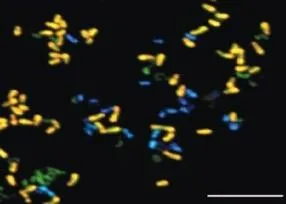
Rhizobium spp.
Crops to be applied - Leguminous crops like ground nut, soybean, green grams etc.
Yield increase up to 10 -35%
Chemical Fertilizer - reduction 50–200 kg N ha⁻¹
Remarks - N₂ fixation and adding residual nitrogen to the soil
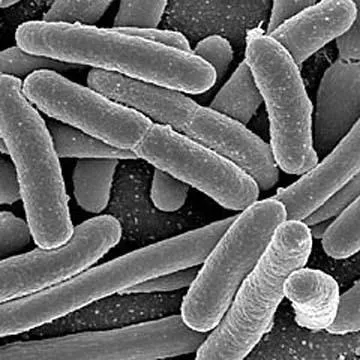
Azotobacter spp.
Crops to be applied - Non-leguminous crops, useful for soils containing high organic matter
Yield increase up to 5 -10%
Chemical Fertilizer reduction - 20–25 kg N ha⁻¹
Remarks - N₂ fixation, production of vitamins, hormones, enhancing seed germination, inhibiting pathogens
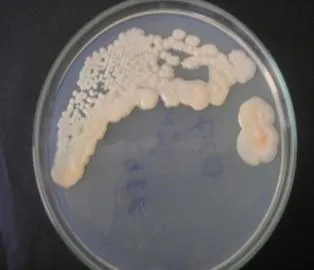
Azospirillum spp.
Crops to be applied - Leguminous and non-leguminous crops like paddy, maize, sorghum, sugarcane, millets
Yield increase up to 10–20% yield
Chemical Fertilizer reduction - 25–50 kg N ha⁻¹
Remarks - N₂ fixation, produces growth hormones, increases drought tolerance in crops
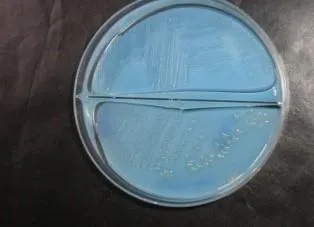
Herbaspirillum spp.
Crops to be applied - Non-leguminous crops like paddy, maize, sorghum, sugarcane, millets
Yield increase up to 5 -10%
Chemical Fertilizer reduction - 25–50 kg N ha⁻¹
Remarks - Maintain high population in roots, stems, and leaves
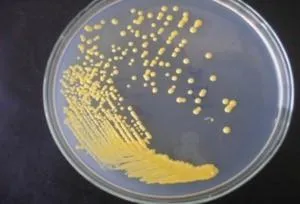
Gluconacetobacter diazotrophicus
Crops to be applied - Commercially important crops like sugarcane, paddy, maize, garden plants, horticultural crops etc.
Yield increase up to 10 -15%
Chemical Fertilizer reduction - 50% N application can be reduced in the most of the crops
Remarks - N₂ Fixation, P solubilization, IAA production, drought tolerance to plants, ACC deaminase activity, Zn solubilization, disease control etc.
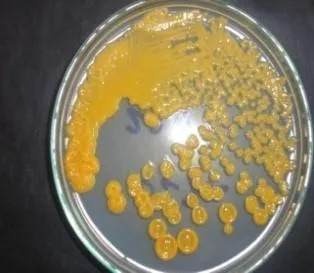
Burkholderia spp.
Crops to be applied - Sugarcane, Paddy and most of the economically important crops
Yield increase up to 20%
Chemical Fertilizer reduction - Up to 50% chemical N saving
Remarks - N₂ Fixation, P & K solubilization, disease control, growth hormone secretion etc.
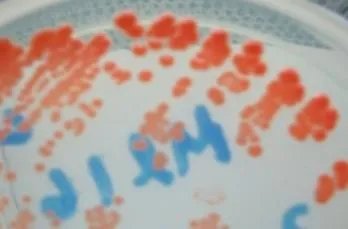
Methylobacterium spp.
Crops to be applied - Sugarcane, Paddy and most of the economically important crops
Yield increase up to 5-10%.
Reduction of inorganic N is not recommended
Remarks - Enhances drought tolerance in plants
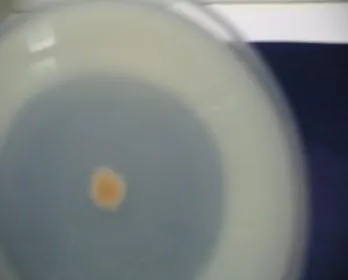
Phophobacteria
Crops to be applied - All the crops
Yield increase up to 2-10%.
Chemical Fertilizer reduction - Reduction upto 25 % of inorganic phosphate
Remarks - Produces organic acids which solubilizes Tri-calcium phospahate in to mono calcium phospahte
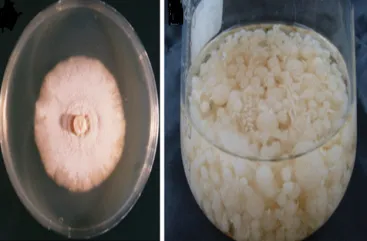
VAM(Vesicular Arbuscular Mycorrhiza)
Crops to be applied - Many trees and crops, and some ornamental plants and most of the economically important crops
Yield increase up to 30-40% Fe, Zn, S and Cu deficiencies in plants will be eliminated
Chemical Fertilizer reduction - 10 to 25% reduction in inorganic P
Remarks - Absorbs phosphate through the hyphae ….. transfers phosphate to the roots

Potash solubilizing bacteria
Crops to be applied - All the crops
Increase the plant growth, nutrient uptake (K) and yield component
Chemical Fertilizer reduction - 5 – 10% reduction of inorganic K
Remarks - Solubilizes insoluble K (Mica) by the secretion of different organic acids
BIO-PESTICIDES USED FOR AGRICULTURE CROPS
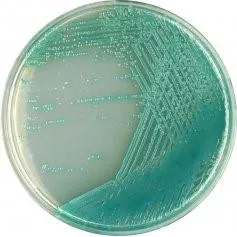
Pseudomonas flurescens (Bacterium)
Crops to be applied - All crops
Controls set rot, root rot and many soil borne pests
Reduces pesticide application
Remarks - Enhances nutrient absorbtion
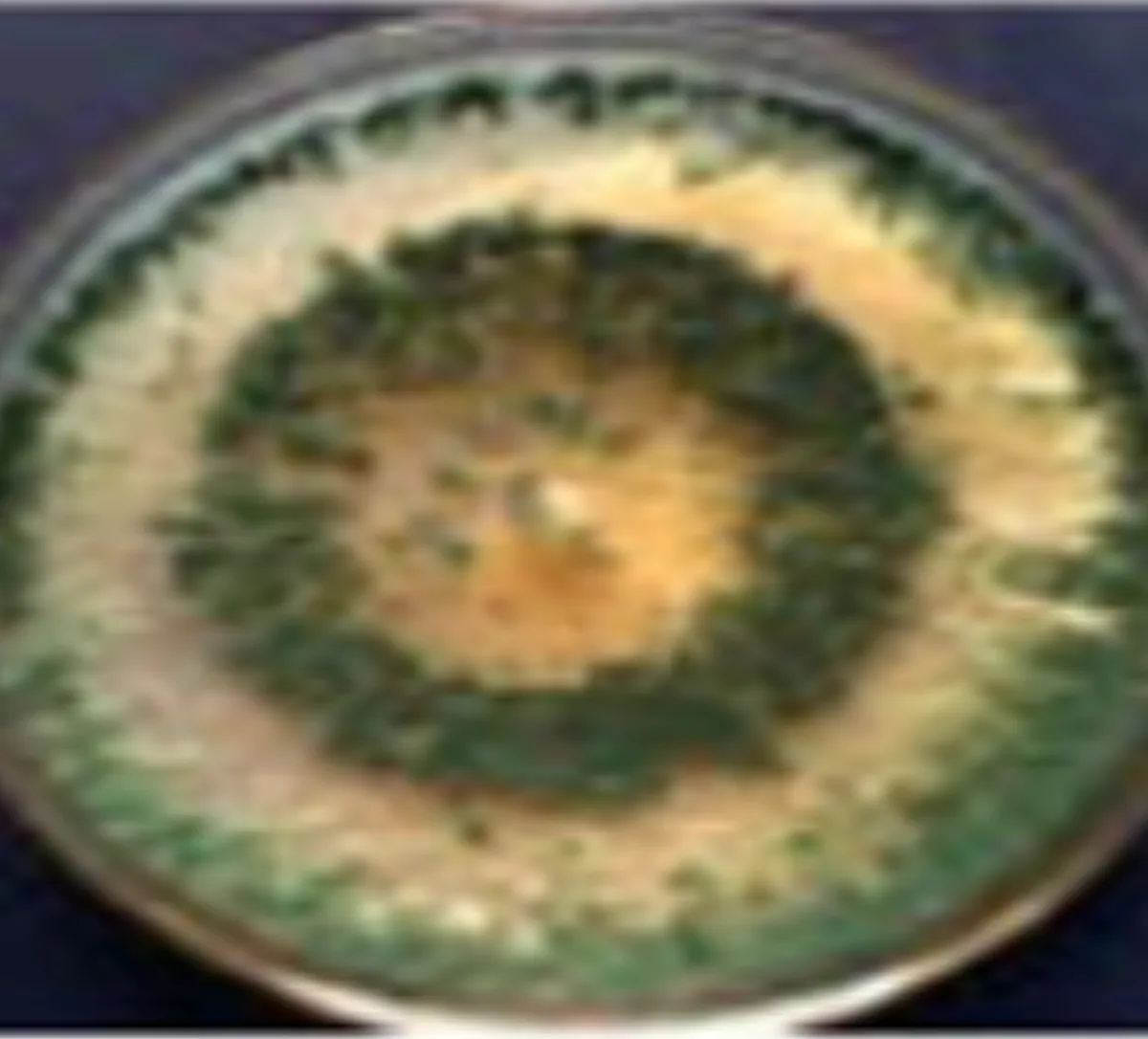
Trichderma viride (Fungi)
Crops to be applied - All crops
Controls the Red rot disease in sugarcane, rots in fruits
Reduces pesticide application
Remarks - Solubilizes insoluble phosphate into soluble phosphate
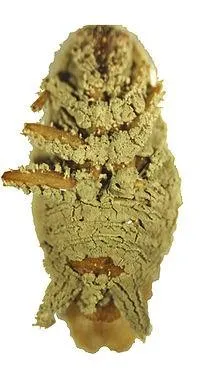
Metarhizium (Fungi)
Crops to be applied - All crops
Used against termites
Reduces insecticide application in plants
Remarks - Infect over 200 insect pest species

Beauveria Larvicide
Crops to be applied - All crops
Used against beetles
Reduces insecticide application in plants
Remarks - Penetrate the cuticle leads death
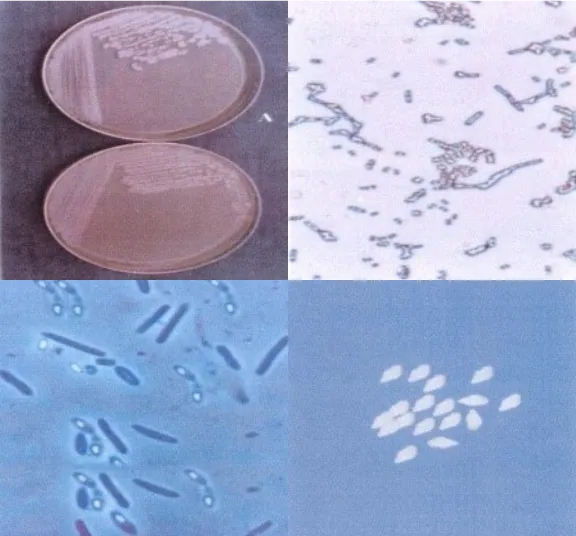
Bacillus thuringiensis
Crops to be applied - Sugarcane and horticulture crops
Used against borers
Reduces insecticide application in plants
Remarks - Produces Cry proteins which kills the insects
Copyright © 2023 • MICROBIOL NICHE • All Rights Reserved
